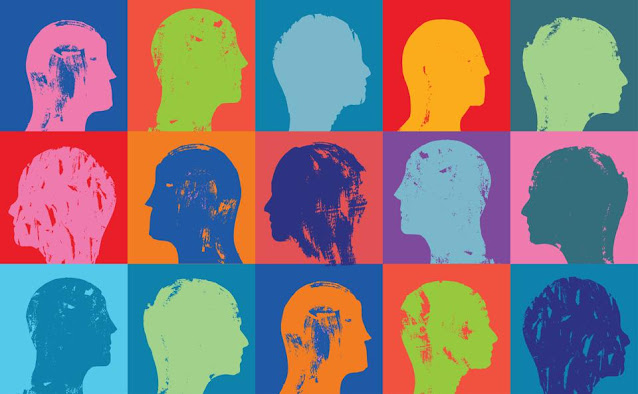Universal Basic Income: Not in our lifetime
Universal Basic Income: A Revolutionary Step Towards Human Rights Pipe Dream
Introduction
In the ever-evolving landscape of human rights, one concept has recently taken center stage: Universal Basic Income (UBI). The idea of providing every citizen with a guaranteed income, irrespective of their employment status or wealth, is not just an economic proposition, but a radical reimagining of our societal contract. This article explores UBI as a human right, and how its implementation could provoke thought, challenge norms, and redefine our understanding of equality and freedom.
Universal Basic Income: A Primer
Universal Basic Income (UBI) is a government program where every citizen receives a set amount of money on a regular basis. The key principle is universality: everyone gets it, rich or poor, employed or unemployed. The goal is to provide a basic safety net, ensuring everyone can meet their fundamental needs.
Economist Guy Standing, co-founder of the Basic Income Earth Network, describes UBI as "a modest amount of money, paid unconditionally to individuals, not households, and paid without work requirements." (Standing, 2017). This simple yet revolutionary idea has the potential to reshape our society and economy.
UBI and Human Rights: A New Perspective
The Universal Declaration of Human Rights, adopted by the United Nations in 1948, outlines the basic rights and freedoms to which all individuals are entitled. These include the right to life, liberty, and security of person, the right to work, to free choice of employment, to just and favorable conditions of work and to protection against unemployment.
UBI, in providing a guaranteed income, can be seen as an extension of these rights. It ensures security of person, providing a safety net that protects against the vagaries of the job market. It expands the right to work, giving individuals the freedom to choose employment that is meaningful and fulfilling, rather than being driven by financial necessity.
The Impact of UBI on Society
The implementation of UBI could have profound effects on society. It could reduce poverty and income inequality, improve health and wellbeing, and even boost innovation and creativity. By providing a safety net, UBI could free individuals to pursue their passions, to take risks, to innovate, and to contribute to society in meaningful ways.
A pilot program in Stockton, California, where residents were given $500 per month with no strings attached, showed promising results. The majority of the money was spent on necessities like food and utilities, and recipients were healthier, showing reduced rates of anxiety and depression (Tubbs, 2021).
Critics and Counterarguments
Critics of UBI often argue that it could discourage work, create dependency, and lead to economic instability. However, proponents argue that UBI would not replace work, but redefine it. Work would no longer be a means of survival, but a means of personal fulfillment and societal contribution. As for economic stability, they argue that UBI could be funded through a variety of means, including progressive taxation, the reallocation of existing welfare funds, or the implementation of a wealth tax.
Economist and Nobel laureate Paul Krugman has expressed skepticism about UBI, arguing that it could be prohibitively expensive and could discourage work (Krugman, 2018). However, others, like Facebook co-founder Chris Hughes, argue that UBI could stimulate economic growth and provide a safety net for those left behind by the digital economy (Hughes, 2018).
Provoking Thought, Challenging Norms
The concept of UBI challenges our traditional notions of work, value, and societal obligation. It provokes thought and invites debate. It asks us to consider what kind of society we want to live in, what kind of rights we believe individuals should have, and what kind of future we envision for ourselves and for future generations.
The implementation of UBI is not just a policy decision, but a statement of values. It is a declaration that we believe in the inherent worth and dignity of all individuals, that we believe in equality and freedom, and that we are willing to take bold steps to create a society that reflects these values.
As we continue to debate and explore the concept of UBI, let us do so with open minds and open hearts. Let us engage in thoughtful dialogue, challenge our preconceptions, and strive to create a society that is equitable, compassionate, and just.
In the realm of human rights, UBI represents a revolutionary step forward. It is a bold idea, a radical proposition, and a beacon of hope for a future where everyone has the right to life, liberty, and the pursuit of happiness.
References
- Standing, G. (2017). Basic Income: And How We Can Make It Happen. Pelican Books.
- United Nations. (1948). Universal Declaration of Human Rights.
- Tubbs, M. (2021). The Stockton Economic Empowerment Demonstration: A Case Study in Universal Basic Income.
- Krugman, P. (2018). "Basic Income, Not Basic Jobs: Against Hijacking Utopia." The New York Times.
- Hughes, C. (2018). Fair Shot: Rethinking Inequality and How We Earn. St. Martin's Press.



